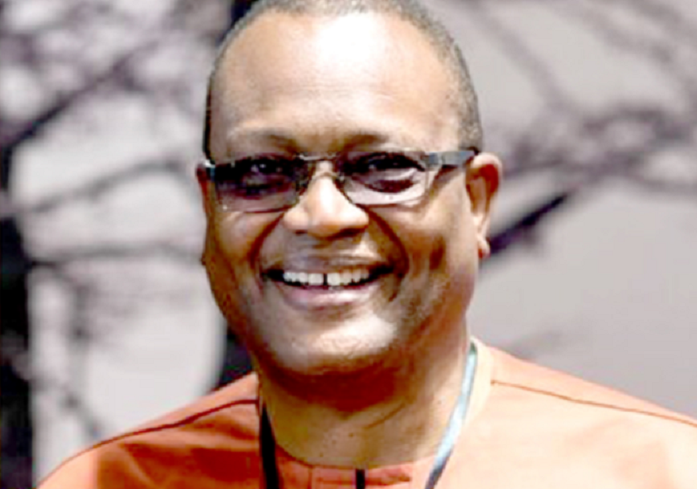
Dearth of donor support to affect healthcare delivery
Healthcare delivery in Ghana and other African countries can be adversely affected as donor support is likely to shrink in the near future, the World Health Organisation (WHO) Regional Office for Africa has warned.
With the current economic and political environment in most donor countries in turmoil and others, usually the donors and development partners, moving to the right, the Director of Health Systems and Services Cluster, Dr Delanyo Dovlo, told the Daily Graphic in a telephone interview that there would be a significant reduction in donor resources, which would require that African countries relied more on domestic resources for healthcare delivery.
Reduction
“It is likely that the flow of external resources to the health sector will reduce and the continent must be ready to fill the gap. We should not allow our lives to be dependent on external charity,” Dr Dovlo said ahead of a two-day inaugural Africa Health Forum in Rwanda.
“It is about taking care of our own health and how do we fund it with our own resources. We need to find ways in our own resources to deliver what is needed by our people. When we rely on external funding, they drive the health agenda.
“You may get three to four billion dollars to tackle an Ebola outbreak but hardly be able to solicit $200 million to build health systems on a sustainable basis,” he said.
Optimism
Dr Dovlo noted that part of the solution was to mobilise funds through the national health insurance scheme in a manner that small amounts collected as premium became enough to fund healthcare delivery for all.
With donor support, including the Gavi Fund, which concentrates on vacinable diseases, and the Global Fund on HIV/AIDS, tuberculosis and malaria, he said there was no donor support for emerging health concerns, such as hypertension and cardiac diseases, which were killing a large number of people.
Insufficient investment
According to the WHO, insufficient investment in the health sector and actions to tackle the environmental and social determinants of health were a serious obstacle to improving health outcomes in Africa, particularly considering that the continent bore the bulk of the global morbidity and mortality burden for maternal and infant mortality, HIV/AIDS and non-communicable diseases.
It is for this concern, among others, that, for the first time, WHO’s Regional Office for Africa (AFRO) is convening a meeting of global leaders and thinkers to explore Africa’s healthcare priorities and challenges and find new ways to achieve better health for all.
Organised on the theme: “Putting people first: The road to universal health coverage in Africa”, the event will provide a platform to forge new partnerships for delivering universal health coverage (UHC), a mechanism for improving access to quality, affordable health care for all and the Sustainable Development Goals (SDGs).
Experts from a wide range of backgrounds including academics, government representatives, the private sector and youth organisations will speak at the WHO Africa Health Forum.
Themes to be covered include health financing, health security, health research, innovation and data, UHC and the private sector in Africa, old enemies such as HIV and the rise of new threats such as non-communicable diseases.
Dr Dovlo observed that Africa’s youthful population, compared to that of other continents, and issues concerning communicable diseases and behavioural diseases emanating from drugs and alcoholism could have a debilitating impact if the social environment for the youth was not managed well.
That aside, he said, people above 50 years and surviving longer were also at a risk of increasing non-communicable diseases such as cancer which were also creeping into the younger generation, adding that many hypertensive and diabetic patients were below 40.
